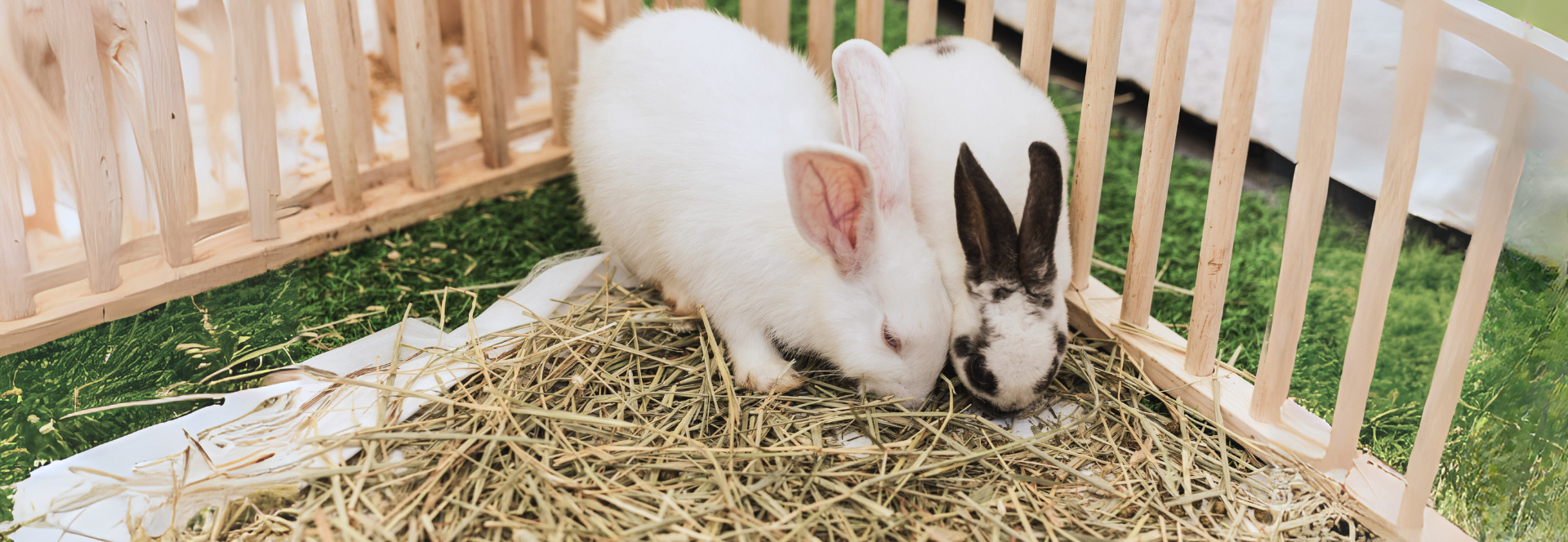Tips for Caring for Your Adopted Rabbit: Creating a Happy Home for Your New Companion
Congratulations on adopting a rabbit! Welcoming a new furry friend into your home is an exciting journey filled with love, joy, and responsibility. Rabbits are delightful companions known for their affectionate nature and playful personalities. However, proper care is essential to ensure your rabbit’s health and happiness. In this blog post, we’ll explore valuable tips for caring for your adopted rabbit and creating a happy home where they can thrive.
- Provide a Spacious Living Environment: Rabbits need ample space to move around and exercise. Consider investing in a large enclosure or rabbit hutch that allows your rabbit to stretch, hop, and explore. Ideally, the enclosure should be tall enough for your rabbit to stand on their hind legs and long enough for them to take several hops in a row.
- Offer Plenty of Hay and Fresh Water: Hay is an essential part of a rabbit’s diet and should be available at all times. Choose high-quality hay such as timothy, orchard grass, or meadow hay. Additionally, ensure your rabbit has access to fresh water at all times, either through a water bottle or a heavy ceramic bowl.
- Provide a Balanced Diet: Alongside hay, rabbits should have a balanced diet consisting of fresh vegetables, leafy greens, and a small amount of pellets. Introduce new foods gradually to prevent digestive upset, and avoid feeding your rabbit foods that are high in sugar or starch. Consult with your veterinarian for specific dietary recommendations based on your rabbit’s age, weight, and health status.
- Encourage Mental Stimulation: Keep your rabbit mentally stimulated by providing toys, tunnels, and enrichment activities. Rabbits enjoy chewing, digging, and exploring their surroundings. Rotate toys regularly to prevent boredom and offer a variety of textures and materials to keep your rabbit engaged.
- Socialization and Bonding: Spend quality time bonding with your rabbit each day. Rabbits are social animals and thrive on companionship. Gently petting and grooming your rabbit helps strengthen your bond and builds trust. Supervised playtime outside of the enclosure allows your rabbit to stretch their legs and interact with you in a safe environment.
- Regular Veterinary Care: Schedule regular check-ups with a veterinarian experienced in rabbit care. Your vet can perform wellness exams, administer necessary vaccinations, and offer advice on preventative healthcare measures. Be vigilant for signs of illness or injury and seek veterinary attention promptly if you notice any changes in your rabbit’s behavior or health.
- Bunny-Proof Your Home: Rabbits are curious creatures and love to explore. Bunny-proof your home by securing electrical cords, removing toxic plants, and blocking off areas where your rabbit could get stuck or injured. Provide designated chewing toys to redirect your rabbit’s natural chewing behavior away from household items.
Caring for an adopted rabbit is a rewarding experience that requires dedication, patience, and love. By providing a spacious living environment, a balanced diet, mental stimulation, socialization, regular veterinary care, and a bunny-proofed home, you can create a happy and healthy environment where your rabbit can thrive. Remember to cherish each moment spent with your furry companion and enjoy the journey of building a lifelong bond together. With proper care and attention, your adopted rabbit will bring joy and companionship into your life for years to come.



